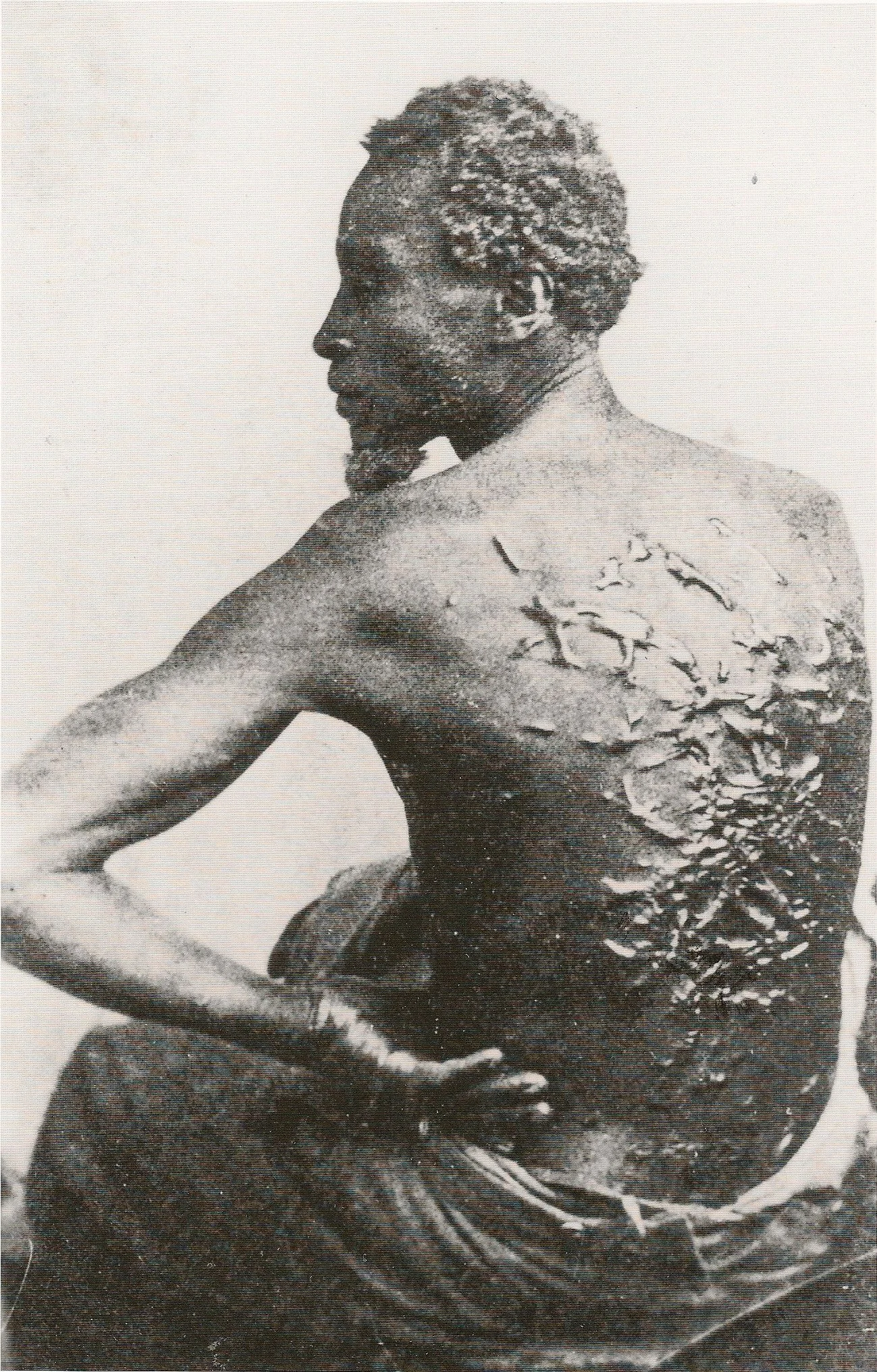Slaves Stories: In their words.
Here’s the set up. During the Great Depression of the 1930s, FDR's New Deal Works Project Administration (WPA) collected the stories of former slaves as a way to provide work to primarily white unemployed journalists, educators, and other would-be professionals. The former slaves were typically given a much needed dime in exchange for their stories. That's not an expression, they were literally paid a dime. The rub is that many of those interviewers were the children and relatives of their former masters. The freed slaves often depended on their former masters for employment, housing, and general peace. Some were just terrified of white people. This shows in many of the interviews. Others, old and with nothing to lose, just told it like it was. These short excerpts were curated by someone else. Enjoy.
Slavery was one of the sins of the middle ages.
- George Washington Miller, b. 1856, Clay County, Mississippi
I liked being a slave, our white folks . . . were good to us. . . . I had rather be a slave. . . . . I wish I wuz still in slavery.
- Adam Smith, b. 1839, Tate County, Mississippi
When I was three or four years old my mother was whipped to death by the mistress with a cowhide whip.
- Henry Walton, b.1852, Marshall County, Mississippi
*I’ll have to write a separate post about the mistress’ treatment of the women slaves. Whoa. -CMG.
I’s heard dat some white folks wuz mean to der niggers, but our Old Masta and Miss wasn’t.”
- Minerva Evans, b. 1840s, Harrison County, Mississippi
My mother's son was sold, that was my brother, Washington wus sold away from her before the surrender. Mother cried a lot about it. I remember sein' her cry about my brother bein' sold.
- Charity Riddick, (born ?) North Carolina
*P.S. How could Charity have said wus/ was to get it spelled properly? Maybe they were right not to trust the interviewers.
Give me freedom, or give me death.
- Belle Caruthers, b. 1847, Marshall County, Mississippi
…. The auctioneer cry out: “Here’s a young nigger wench, how much am I offered for her?” The pore thing stand on the block a shiverin’ an’ a shakin’ nearly froze to death. When they sold many of the pore mothers beg the speculators to sell ‘em with their husbands, but the speculator only take what he want. So maybe the pore thing never see her husban’ again.
- W.L. Bost, b. 1839, Asheville, North Carolina
[Sharecropping] wuzn’t much diffent from slavery. We lived in quarters, used de white folks horses en ploughs en helped raise our own food. We just change a marster for a boss.
- James Lucas, b. 1833, Adams County, Mississippi
*In 2002, I encountered a community of black folks who were sharecroppers until the early 80s. One old man was still a sharecropper in 2002. The white family he worked for did not want to "take it away from him." He still picked a patch of cotton by hand and they made a fortune selling "hand-picked cotton." - CMG
If a woman was a good breeder, she brought a good price on the auction block. The slave buyers would come around and jab them in the stomach and look them over and if they thought they would have children fast, they brought a good price.
- Hattie Rogers, b. 1859, North Carolina
When you is a slave, you ain’t got no mo’ chance than a bullfrog.
- Virginia Harris, b. ?, Coahoma County, Mississippi
I seed slavery from all sides. I’se seed ’em git sick and die an’ buried. I’se seed ’em sole [sold] away from der loved ones. I’se seed ’em whipped by de overseers, an’ brung in by de patrol riders. I’se seed ’em cared fo’ well wid plenty ter eat an’ clo’se ter keep ’em warm, an’ wid good cabins ter live in.
- Rosa Mangum, b. 1831, Simpson County, Mississippi
Slavery Days wuz bitter, bitter, an’ I shall never fo’git the sufferin. . . . My Marster was mean an’ cruel an’ I hates him, Hates him. . . . I knows it ain’t right to hev’ hate in de’ heart, but God Almight, it’s hard to be forgivin’.
- Charlie Moses, b. 1860?, Lincoln County, Mississippi.
Heard about the Ibo’s Landing? That’s the place where they bring the Ibos over in a slave ship and when they get here, they ain’t like it and so they all start singing and they march right down in the river to march back to Africa, but they ain’t able to get there. They gets drown.
- Floyd White, b. ?, St. Simons, GA
Pictured
- Peter Gordon
I love paper. But for those of you who do not mind screens, you can find the complete collection of WPA Slave Narratives here: https://www.loc.gov/…/slave-narrativ…/about-this-collection/
For those in Northern California, UC Berkeley has the complete bound collection in its library. I spent many an afternoon pouring through them for fun because I am a history nerd. One day, I hope to have the collection in my own library and spend many more hours.







